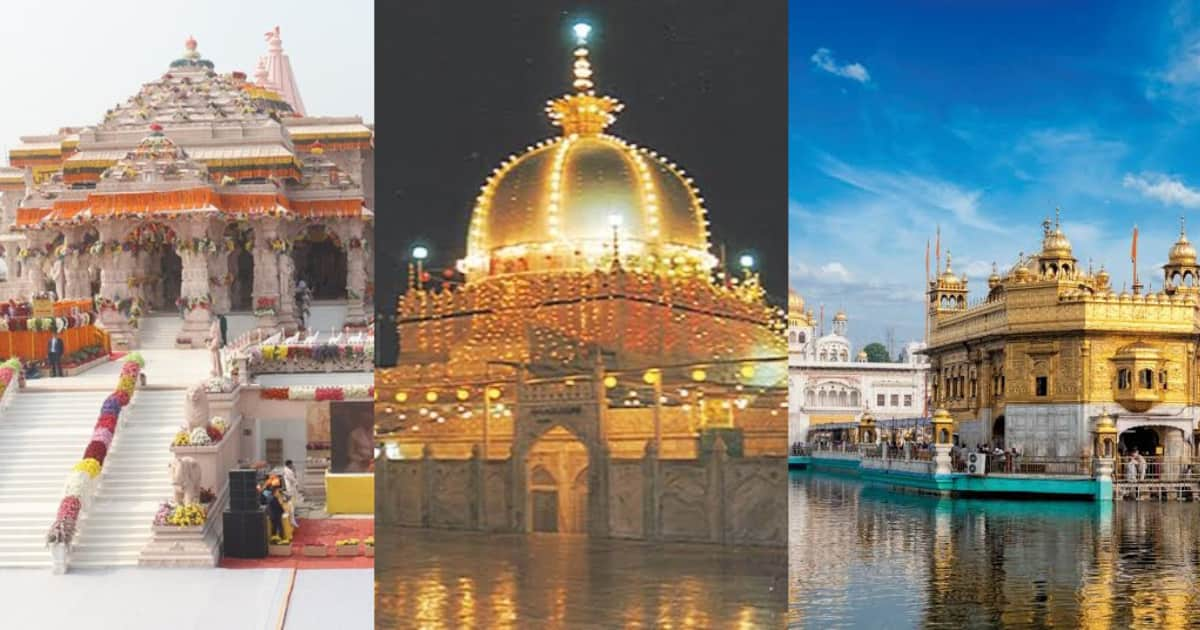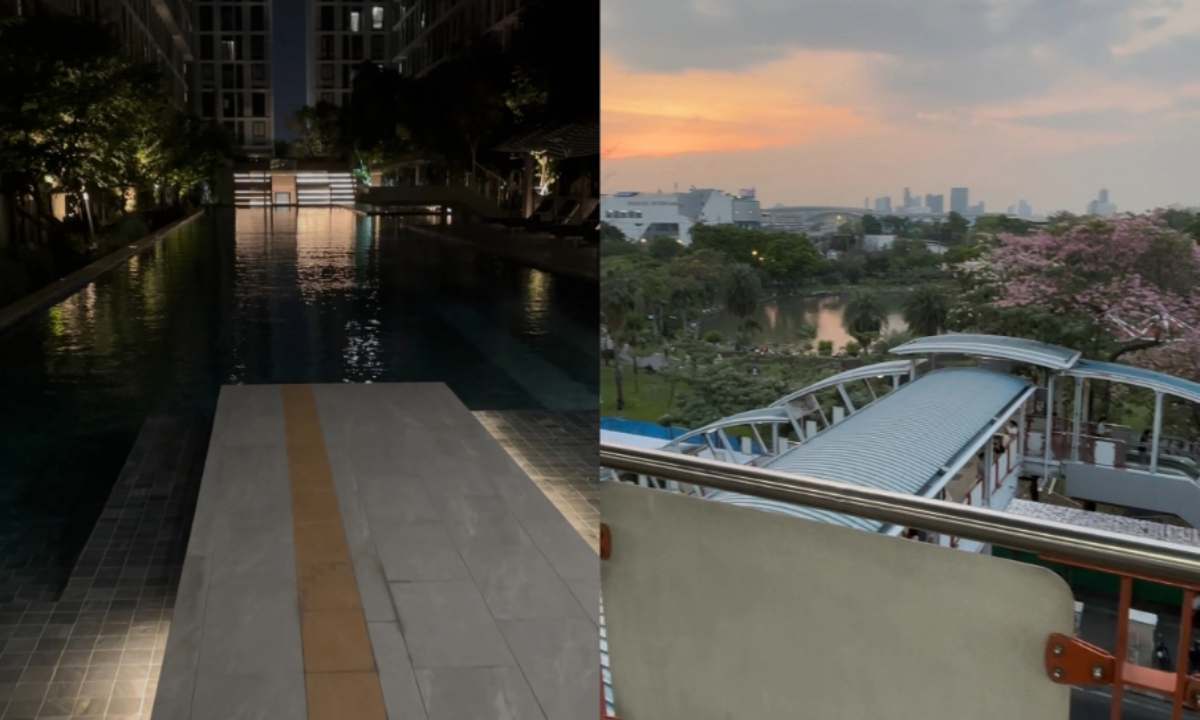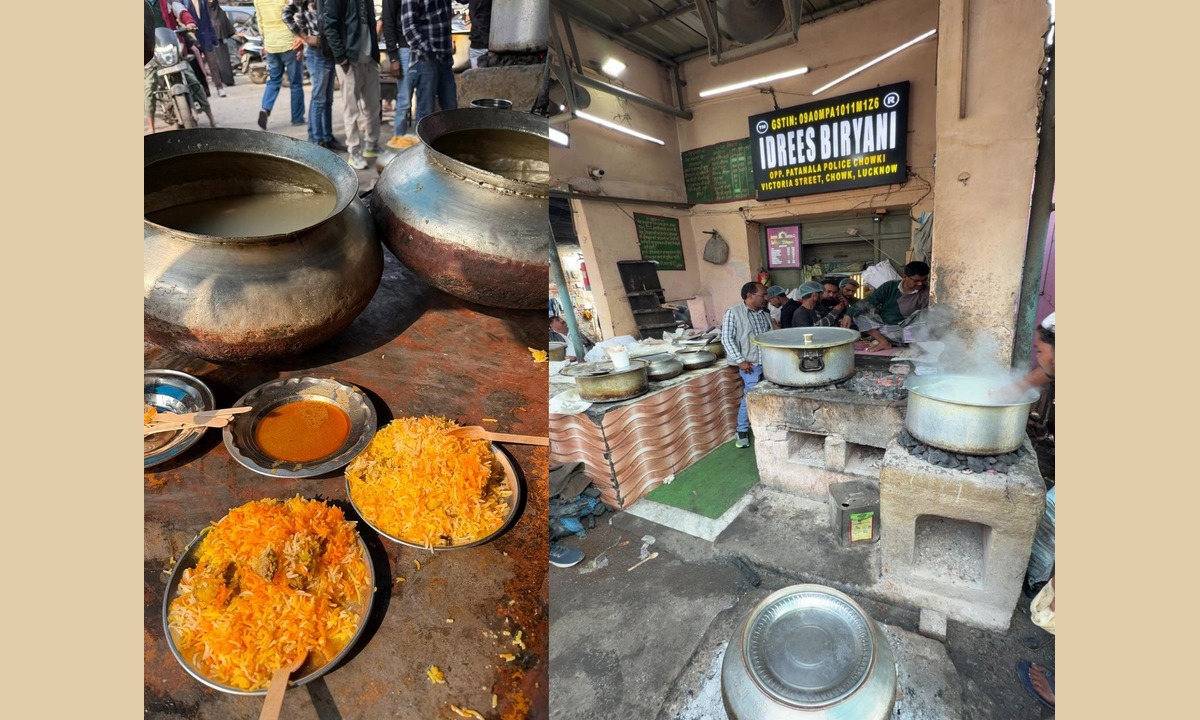
India, a land of diverse cultures and religions, has long been a hub for spiritual seekers from across the world. With its ancient temples, mosques, churches, and sacred sites, religious tourism has become a significant driver of the country’s tourism industry. For hotels, this presents a golden opportunity to tap into a growing market. In this article, we explore why religious tourism in India offers a strong investment opportunity for hotels and how they can cater to this specific segment of travelers.
Growing Demand for Religious Tourism in India
Religious tourism in India is growing exponentially, driven by a combination of domestic and international travellers. According to a report by the Ministry of Tourism, approximately 60% of India’s domestic tourists travel for religious purposes. Pilgrimage destinations such as Varanasi, Tirupati, Amritsar, Ajmer, and Vaishno Devi attract millions of visitors annually.
Statistics Indicating Rising Interest
Varanasi, considered the spiritual capital of India, sees over 6 million domestic tourists and nearly 1 million international tourists every year. Similarly, Tirupati attracts around 30 million pilgrims annually. With such staggering numbers, the demand for accommodations near these sacred sites is high, presenting a lucrative opportunity for hotels to expand their presence in religious tourism hotspots.
Increased Spending by Pilgrims
Religious tourists, especially those traveling from distant places, tend to spend on accommodations, food, and other services, offering considerable revenue for the hospitality industry. Unlike budget-conscious tourists, many pilgrims are willing to spend more on comfort and convenience during their stay.
The Role of Luxury Accommodations
Interestingly, religious tourism is no longer limited to budget hotels or dormitories. Many pilgrims, especially those from urban areas or international travelers, seek out luxury accommodations that provide modern amenities while still being close to religious sites. This has led to the growth of high-end hotels and resorts near popular pilgrimage spots. For instance, luxury hotels in Varanasi and Rishikesh cater to both religious travelers and wellness tourists, offering a blend of spirituality and modern comfort.
Diverse Religious Attractions Cater to Multiple Faiths
India is home to several major religions, including Hinduism, Islam, Christianity, Sikhism, and Buddhism. This religious diversity allows hotels to cater to a wide range of travelers from various faiths.
Hindu Pilgrimage Circuits
Hindu pilgrimage circuits such as the Char Dham Yatra, Kumbh Mela, and Kailash Mansarovar attract millions of devotees. Hotels along these routes can cater to a steady stream of pilgrims throughout the year, ensuring consistent occupancy rates.
Muslim Pilgrimages
For the Muslim community, cities like Ajmer, which is home to the famous Ajmer Sharif Dargah, and Hazratbal Shrine in Srinagar, are important pilgrimage destinations. Hotels in these regions can benefit from the influx of religious tourists during major Islamic festivals such as Eid and Urs.
Christian and Buddhist Tourism
Christian pilgrimage sites like Velankanni and Goa, and Buddhist destinations such as Bodh Gaya, attract not only domestic travelers but also international tourists, especially from Southeast Asia. Hotels near these areas can offer packages that cater to the needs of these tourists, ensuring a diverse customer base.
Government Support Boosts Religious Tourism
The Indian government has recognized the potential of religious tourism and has initiated several programs to promote it. Initiatives like the PRASAD (Pilgrimage Rejuvenation and Spiritual Augmentation Drive) and Swadesh Darshan Scheme are aimed at improving infrastructure around key religious sites, making them more accessible to tourists.
Infrastructure Development Around Pilgrimage Sites
The government's focus on improving roads, airports, and railway connectivity to major religious destinations has made it easier for pilgrims to travel. Additionally, the development of tourism facilities such as clean drinking water, hygienic restrooms, and better transportation services has enhanced the overall travel experience for religious tourists.
Hotels Adopting Spiritual Themes
Many hotels near pilgrimage sites have begun to adopt spiritual or religious themes in their décor and services. This not only appeals to religious tourists but also creates a unique experience that sets these hotels apart from others.
Tailored Services for Pilgrims
Hotels are increasingly offering services tailored specifically for pilgrims. For instance, some hotels provide special prayer rooms, vegetarian meals, and transportation services to nearby temples or religious sites. These amenities cater to the specific needs of religious travelers, making their stay more convenient and spiritually fulfilling.
Themed Stays for Immersive Experiences
Some hotels go beyond basic accommodations and offer themed stays where guests can immerse themselves in spiritual experiences. These hotels may offer guided meditation sessions, yoga retreats, and spiritual discourses as part of their package. Such offerings appeal not only to religious tourists but also to those seeking peace and spiritual growth.
The Role of Technology in Enhancing Religious Tourism
Technology is playing a significant role in boosting religious tourism in India. Many hotels are leveraging online platforms to attract pilgrims by offering easy booking options, virtual tours, and personalized travel packages.
Mobile Apps for Pilgrims
Some pilgrimage destinations, such as Tirupati and Vaishno Devi, have launched mobile apps that allow pilgrims to book darshan slots, accommodations, and transportation services. Hotels can partner with these apps to offer exclusive deals to pilgrims, ensuring that they stay at their property.
Virtual Tours for International Tourists
For international religious tourists who may be unable to visit India physically, hotels can offer virtual tours of sacred sites. This not only helps in promoting the destination but also encourages future visits when international travel becomes easier.
Seasonality of Religious Tourism and Its Benefits
Religious tourism in India often revolves around specific festivals, events, or seasons. For instance, the Kumbh Mela, held every 12 years, attracts millions of devotees. Similarly, the Char Dham Yatra is seasonal, with peak tourist flow during the summer months.
High Occupancy During Festival Seasons
Hotels near pilgrimage sites can benefit from high occupancy during religious festivals and events. For example, during the Amarnath Yatra, hotels in Jammu and Kashmir see a surge in bookings. Similarly, hotels in Rishikesh experience a boom in visitors during the Kumbh Mela. By aligning their marketing strategies with these religious events, hotels can maximise their revenue during peak seasons.
Sustainable and Ethical Practices in Religious Tourism
As the demand for religious tourism grows, it’s essential for hotels to adopt sustainable and ethical practices to protect the environment and preserve the sanctity of religious sites.
Eco-Friendly Accommodations
Many hotels near religious sites are adopting eco-friendly practices such as using solar energy, recycling waste, and promoting water conservation. These practices not only reduce the environmental impact but also appeal to conscious travelers who value sustainability.
Respecting Religious Sentiments
Hotels must be mindful of the religious sentiments of their guests. Providing appropriate food options, ensuring privacy for prayers, and respecting local customs are some ways hotels can create a positive experience for religious tourists. This level of sensitivity is crucial in building trust and loyalty among guests.
Awadh360 plus
Religious tourism in India presents a significant opportunity for the hospitality industry. With millions of pilgrims traveling across the country, hotels that cater to this segment can expect consistent business year-round. By offering tailored services, leveraging technology, and adopting sustainable practices, hotels can not only attract religious tourists but also ensure their satisfaction and loyalty. As religious tourism continues to grow, investing in this sector can provide long-term benefits for the hotel industry in India.
Popular Categories
Read More Articles
Travel and Tourism
Travel to Thailand gets costlier: International passenger service fee to jump 53% from June by Awadh 360° Desk February 22, 2026Travel and Tourism
Thailand Extends Visa-Free Stay for Indians to 60 Days, Allows 30-Day Extension by Awadh 360° Desk February 19, 2026Travel and Tourism
Lucknow or Zaike: A City Remembered Through Taste by Mohammed Syed Zaid February 11, 2026Business
What's Up With WhatsApp? by Prateek Shukla February 9, 2026



